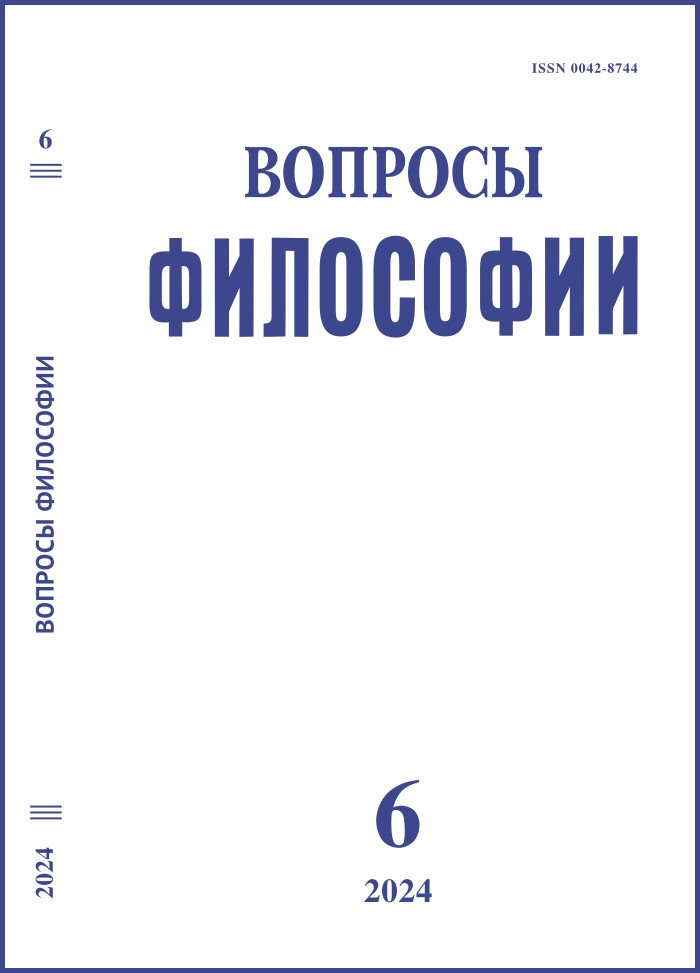Human Capital as a Problem for Social Philosophy
DOI:
https://doi.org/10.21146/0042-8744-2024-6-47-54Keywords:
human capital, economics, philosophy, social philosophy, history, culture, human personality, human life-cycle, respect of life.Abstract
The author of this paper is a specialist in history of philosophy and religions, poetics and political studies. The notion of human capital coined by American economical thought in the beginning of 1960th could hardly be a monopoly of economical discourse. Ex definitio, this notion has to contain in itself a lot of historical, cultural as well as philosophical connotations. According to the widening scope of our
theoretical imagination, this notion seems to be more and more vital and complex as well as less dependent on the “Occam’s razor”. Actually, the value of this notion seems to be rather unique. Being almost elusive from strict quantifications, it could be intimately connected with the whole complex of present-day human realities. According to Professor Rashkovsky, analytical approach to this notion helps better comprehending some dramatic aspects of Russian history caused by underestimation (or perverted treating) of human meanings in history itself as well as human meanings in labor, societal connections, culture, etc. By the way, the author suggests reopening and partial present-day re-interpretation of economic ideas of Russian economist, philosopher and theologian Sergei N. Bulgakov: ideas though partly obsolete, but nevertheless vital for contemporary thought.

